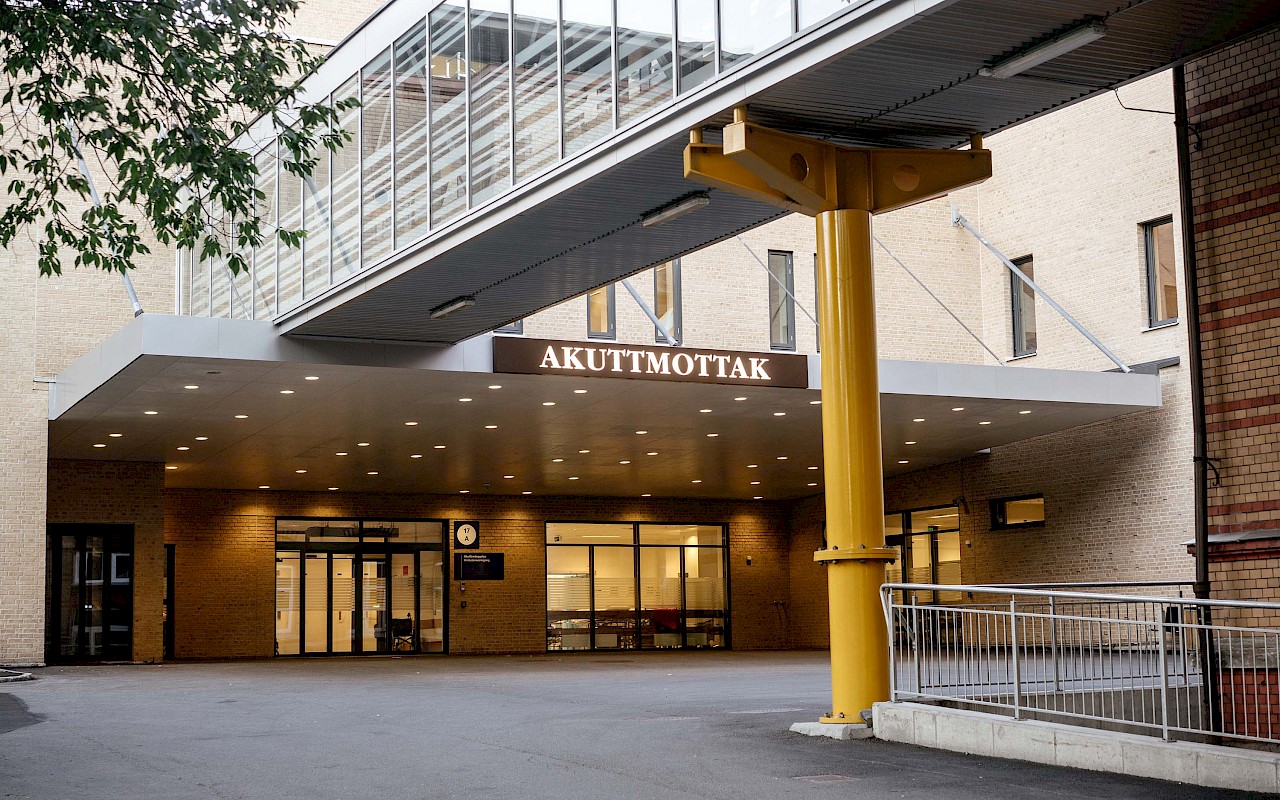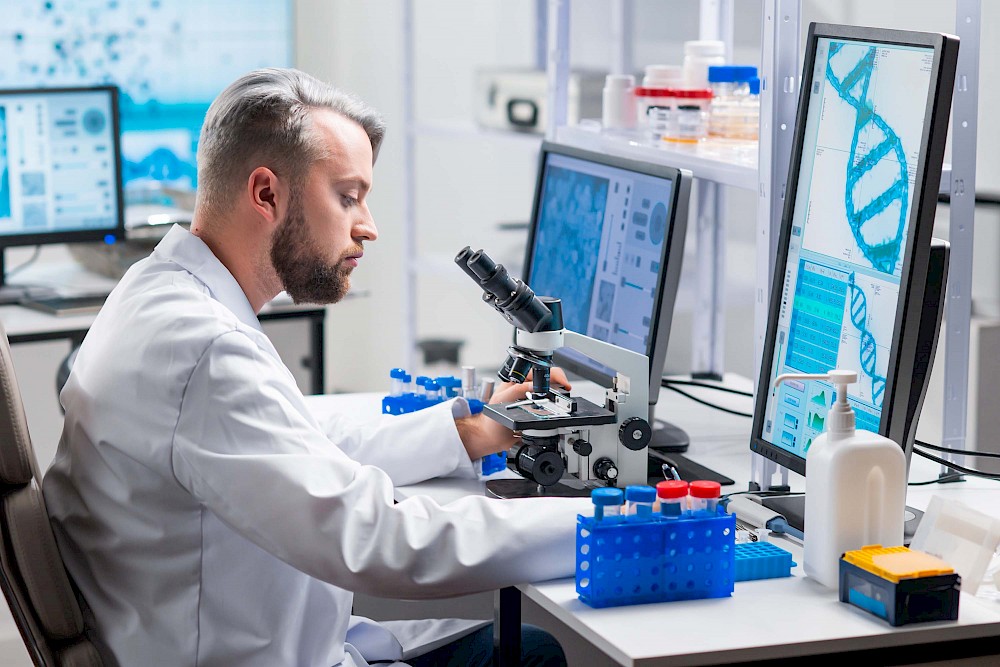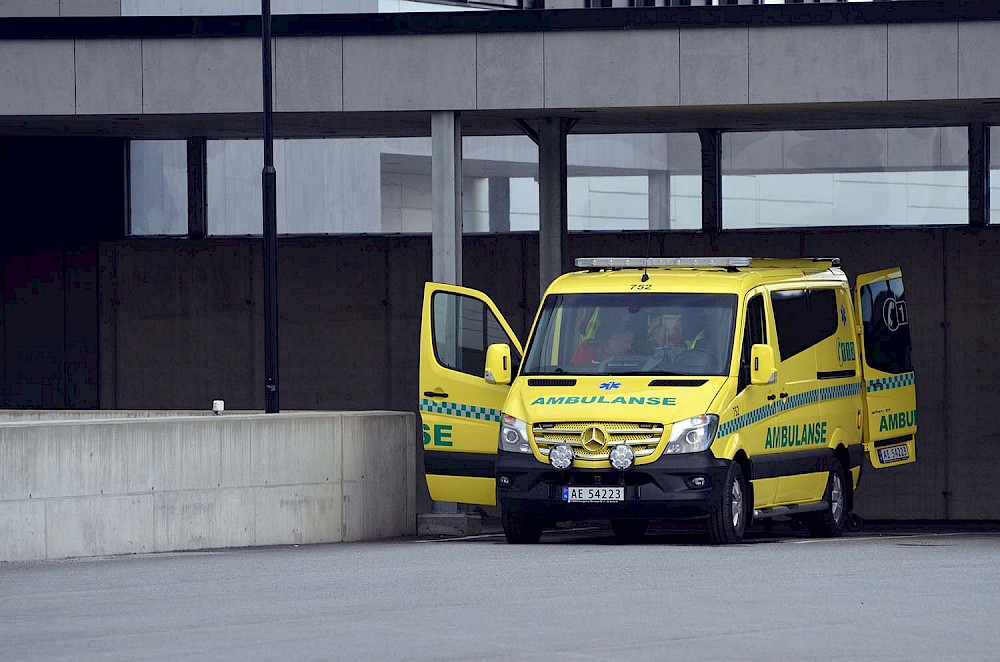
Oslo University Hospital carries out more than 1.2 million advanced patient treatments annually and has significant activity in research, innovation, and education, nationally and internationally. The hospitals' clinical trial unit recently signed a 10-year contract with Viedoc to secure over 100 ongoing Viedoc-supported studies, and the history of the collaboration speaks volumes.
We caught up with Cecilie Moe, Head of Data Management at Oslo University Hospital, to discuss their clinical research support unit and better understand how Viedoc has helped them.

Comprising four different hospitals in the Oslo region, Oslo University Hospital employs approximately 24,000 people. Its academic Clinical Trials Unit (CTU) is without patients but supports a wide range of investigator-initiated studies at different sites around the world and averages 20 new studies per year. The hospital's CTU is a complete cross-functional department with monitors, data managers, project coordinators, health economy researchers, and statisticians. It currently supports a diverse and impressive range of approximately 200 clinical studies on behalf of the hospital and other sponsors.
The right digital system, procedures, and templates are critical to consistent and efficient data collection. A streamlined work process that includes the work of monitors, statisticians, and a research team is essential these days, and Cecile believes data managers should be involved in the entire process.
- It's more interesting when you get a holistic view of a study. As a data manager, you want to be hands-on. After all, the studies are data-driven, and you have to create the best solution for each study to meet its unique challenges.
Oslo University hospital initiated an extensive tender in 2014 to compare data capture and clinical data management systems, and they landed confidently with Viedoc.
- In a public hospital, you are subject to regulations and laws. We chose Viedoc because it was the system that best fulfilled our requirements and incurred the lowest costs for us. What I think is very good about Viedoc is that they adapt to our needs and reply to our requests for additional functionality. In 2017 and 2018, we were discussing the kit allocation because the randomization at that time didn't have kit allocation. We described the functionality we longed for to Viedoc, and it was developed.
Cecilie and her team are open advocates of Viedoc's tools.
- Having the right tools: the computer system, the digital systems, all the procedures, the templates. You need it all to be efficient and consistent. And it's very important to be able to work streamlined with other departments. If the research team comes in and needs assistance, how do we meet their needs? Who does what? And what tools are we going to use? Which templates are we going to work from? And who will conduct the risk assessment? The data managers are involved in all the processes, so we know what's happening with the monitors, the project coordinators, and with the statisticians.

Viedoc's clinical data management system grows with its community of users, and user needs in many ways define its functionality development. One aspect that's particularly appreciated by Oslo University Hospital's CTU team is the ease of the system setup. Intuitive and straightforward, all you need to start using the platform is clinical study knowledge. It's your insight into and experience within the trial that helps you find a good solution for your study, and you do not have to be an experienced data system manager to use Viedoc or set it up.
Oslo University Hospital's CTU has also benefited greatly from the template creation tool, which has saved time and improved their validation process. When they import a study now, the templates they need are in place. Viedoc also encourages creativity within the framework of a clinical study, essentially allowing you to set up applications for highly complex studies.
Overall, Cecilie stresses Viedoc's value as a complete and reliable system.
- Oslo University Hospital is currently working with 600 or more sites, and each of these sites involves a lot of people. Supporting them seamlessly through Viedoc means we don't waste time fixing problems. Viedoc is a very good clinical data management system with all the functionality you need, and it can be used for all kinds of studies.


The availability of electronic data capture marked a significant milestone in Oslo University Hospital's CTU development. Not only because it improved the quality and efficiency of data capture but because it made continual collection and monitoring of data possible. Jump forward several years to the Viedoc Me solution, and patients around the world are entering data themselves on their own devices, effectively 'feeding' trial databases.
In recent years, much attention has been given to the design of data management systems, and on this front, Viedoc has taken a leading position.
- One of the most exciting things happening at the moment is the development of data collection system design. We adjust Viedoc to be able to perform our studies and to randomize and allocate kits. You can actually challenge Viedoc to develop new functionality, and Viedoc continuously comes with new functions, allowing you to accomplish much more.
Of course, one can't talk about the evolution of data capture management without looking at the impact of the COVID-19 pandemic. If the average time from cure in a laboratory to patient prescriptions is 10 to 15 years, COVID studies brought a remarkable exception to that standard. The pandemic served as a disrupter and has pointed to a new world, demanding further innovation and development.
Cecilie explains.
- The pandemic changed a lot. We are all going to see more decentralized studies. I think for our hospital, the question being asked is how we can adapt and use our tools differently moving forward. For example, letting patients be where they want to be and collecting the data we need from there.
One thing seems certain; the landscape of data capture will continue to evolve, as will the tools we use to harness data. The development of clinical studies will be an exciting road to travel, and the future shows great promise. As different stakeholders and knowledge sources partner and collaborate, innovation will follow, and new doors to better healthcare and patient treatment will open.
Want to learn more about how Viedoc can streamline your trials?

"Viedoc's UI always amazes me. Clean, simple, convenient and user friendly."